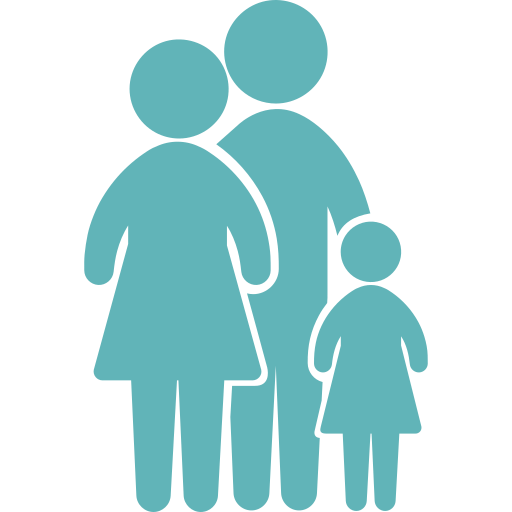Healthcare
The guide to insurance, doctors appointments, and other medical care
Insurance
All foster children in Philadelphia are covered under Medical Assistance (PA Medicaid).
Medical Assistance (Medicaid)
Foster parent’s should recieve medical assistance insurance information from their child’s caseworker at the time of placement. This includes:
- Plan name
- Plan/Member ID
If you do not receive this information at the time of placement, follow-up with the child’s caseworker to make sure you receive it. Insurance information will be required for all doctors visits and medical care.
Private Insurance
While some private insurance plans will allow foster parents to add their foster children, this is generally discouraged and may complicate their care.

Doctor’s Visits
Foster parent’s are responsible for making sure the children they care for receive the appropriate medical care and evaluation.
Initial Evaluation
All foster children and youth are required to undergo a physical evaluation within 60 days of entering foster care. Children over age 3 should also have a dental exam in that same timeframe.
Regular Checkups
Children over age 2 are required to have doctor checkups every year. Infants should be seen every six weeks until they are 6 months old. Infants from age 6 months to 2 years should be see every 3 months.
Medical Treatment
Children and youth should also be seen as needed for any additional medical concerns that come up between regular checkups.
Early Intervention
Early intervention services are meant to connect children with special needs to the services they require in a timely manner
ChildLink Assessments
ChildLink coordinates services in Philadelphia to help children age 0-5 with special needs or developmental delays obtain access to early intervention services. All ChildLink assessments and services are provided free of charge for foster children through age 5. Foster parents can request an assessment at any time through the child’s CUA caseworker.
A ChildLink staff member may be asked to evaluate a child to assess for delays or to determine if the child is in need of early intervention services. Afterwards, they may make referrals to services which your child may require. For more information, see the ChildLink website.
Medical Conditions
- History of admission to a Neonatal Intensive Care Unit (NICU)
- Failure to thrive (FTT) or poor feeding
- Cerebral palsy
- Progressive neurological disorders
- Down syndrome or other syndromes associated with developmental delays
- Other complex health care needs that may require multiple or lengthy hospital stays
Psychosocial Conditions
- Appearing emotionally withdrawn
- Appearing lethargic or without energy
- Flat emotional presentation (never happy or angry)
- Overeating, never being full, or food hoarding
- Excessive fearfulness or irritability
- Sexualized behaviors
ChildLink Services
- Speech and language therapy
- Physical therapy
- Occupational therapy
- Social work services
- Psychological and behavioral services
- Hearing and vision services
- Nutrition services
Learn More About Foster Care
The following guides can help get you up to speed on several important aspects of foster care in Philadelphia.
Finances
Learn about financial support available for foster parents.
Healthcare
Learn about healthcare topics such as doctors visits and insurance.
The Legal System
Learn about family court, hearings, and child custody.
Caseworkers and Visits
Learn about the different types of caseworkers, home visits, and parent visits.
New Placements
Learn about what to ask when receiving a new placement and the first week in care
School and Daycare
Learn more about education, school, and daycare.
Adoption and Permanency
Learn about foster care, adoption, and foster-to-adopt.
Foster Care Policies
Learn about policies like travel and babysitters
